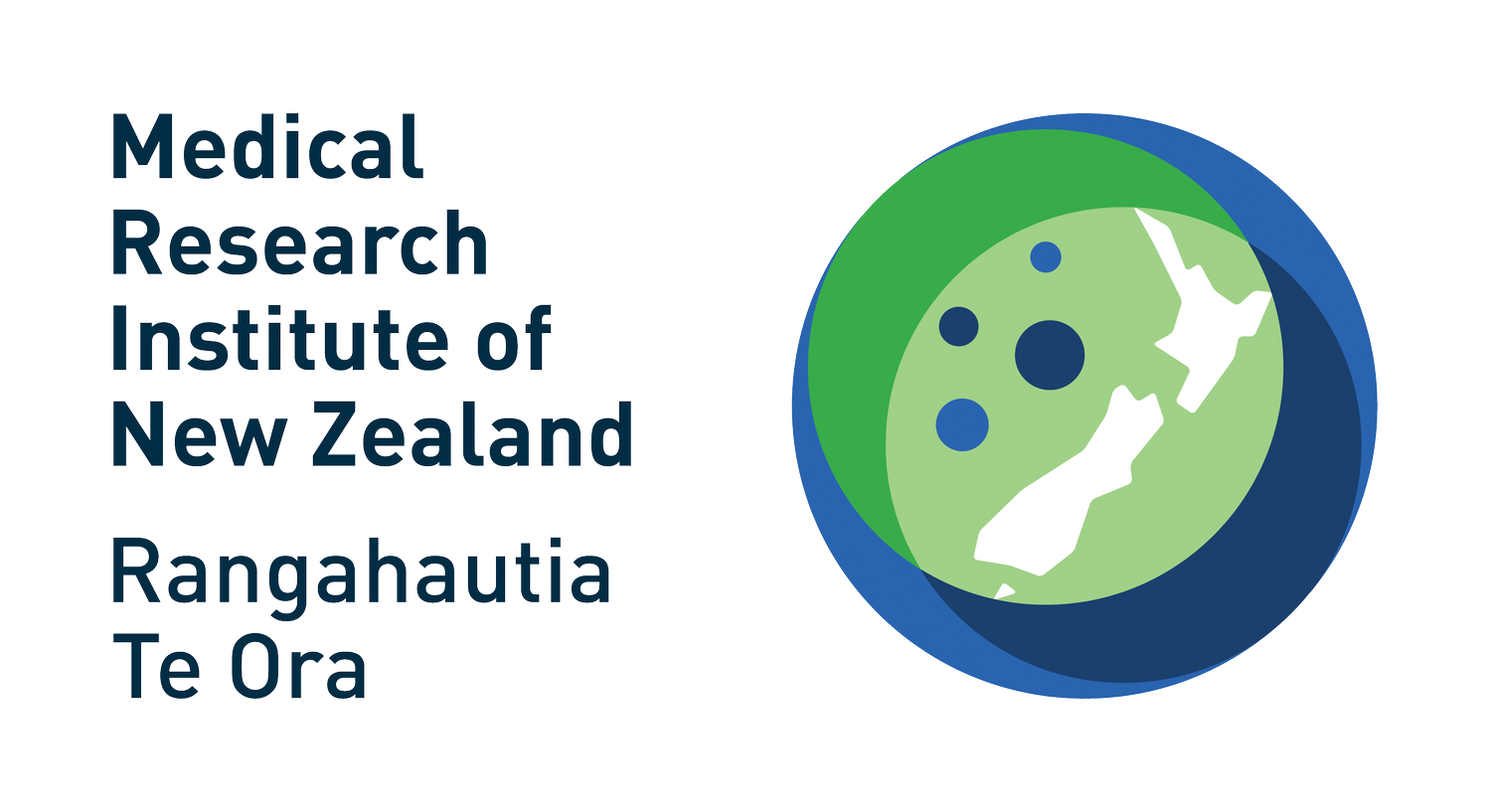Intensive care study shows significant disparities in health outcomes for Māori patients.
The first large-scale national study to compare health outcomes for Māori and European patients admitted to New Zealand ICUs has been published today in the New Zealand Medical Journal.
The study, “Outcomes for Māori and European patients admitted to New Zealand intensive care units between 2009 and 2018”, was led by the MRINZ on behalf of the Australian and New Zealand Intensive Care Society (ANZIC) CORE Management Committee, a leading advocate in critical care.
The MRINZ compared and analysed data from more than 50,000 patients admitted to all major hospital ICUs over a 10-year period.
The study found that Māori patients are more likely than European patients to die within 180 days of ICU admission. Furthermore, despite Māori patients on average being 13 years younger than Europeans when admitted to the ICU, they have more chronic underlying conditions upon admission, such as diabetes and kidney disease, and are, on average, more severely unwell.
Associate Professor Paul Young, MRINZ Deputy Director, Intensive Care Specialist, and study senior author says:
“Importantly, when we accounted for underlying conditions and how unwell patients were on hospital arrival, there was no difference in survival rates between Māori and European patients. This implies that differences in health outcomes are unlikely to be related to the care being delivered after patients get to the ICU.”
The observation that Māori ICU patients are much younger than their European counterparts, and still have more underlying diseases or medical conditions, implies that an unequal burden of chronic conditions is a major contributor to inequality in ICU outcomes. Another potential factor is that barriers to accessing prompt care for Māori may contribute to an individual being more severely ill at the time of ICU admission.
Professor Young says:
“Health inequalities are an ongoing major public health concern and a strong focus for the Medical Research Institute of New Zealand. Māori are likely to be ill far more frequently, suffer disproportionately high levels of disease, and die younger than non-Māori of the same socioeconomic status. There are also differences in broader societal issues that significantly affect health, including housing, education, employment, and socioeconomic deprivation.”
Dr James Moore, MRINZ Clinical Research Fellow and Intensive Care Specialist, says:
“Given Māori are much more likely than European patients to be admitted to the ICU with life-threatening infections, after major trauma, and following a cardiac arrest, these study findings are hugely important in identifying priorities for future research that has the potential to lead to change in clinical practice and support equitable health outcomes for Māori.”
See media coverage here: https://www.teaomaori.news/damning-icu-report-reveals-systemic-inequities-maori-health

